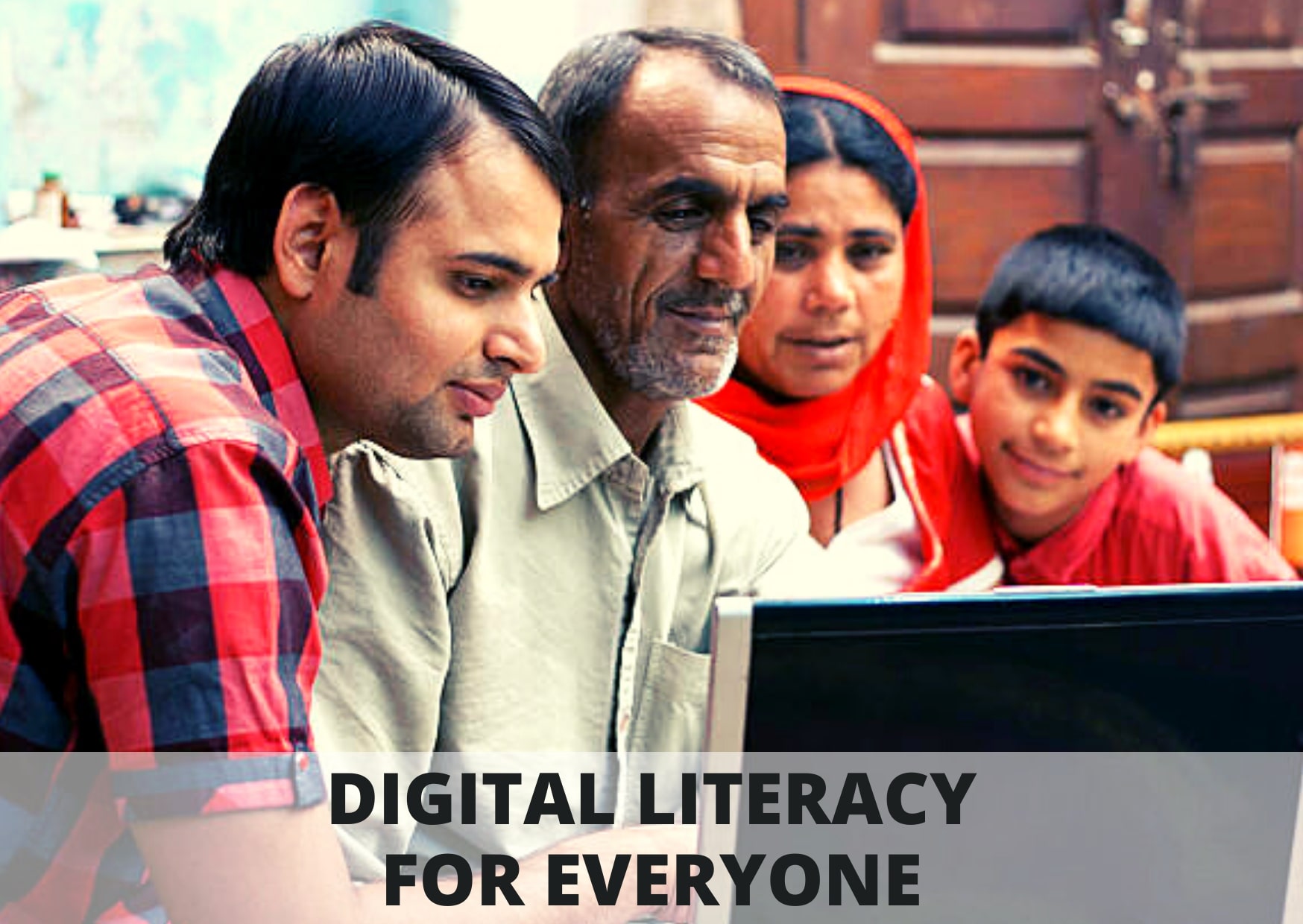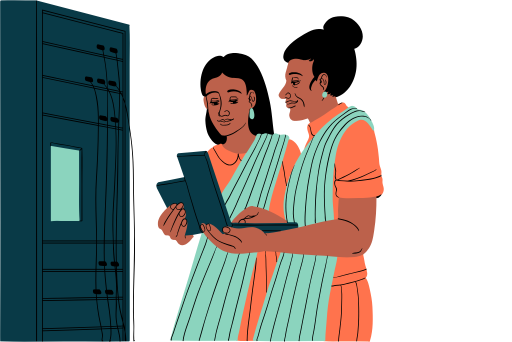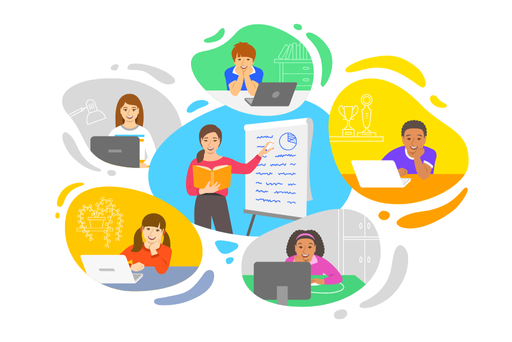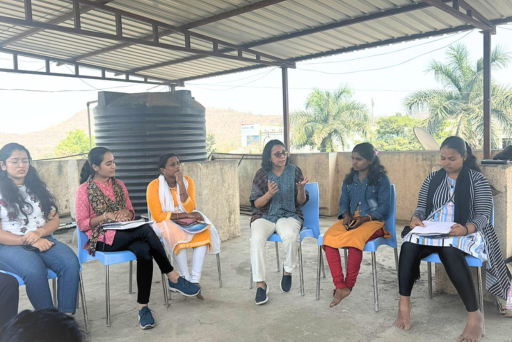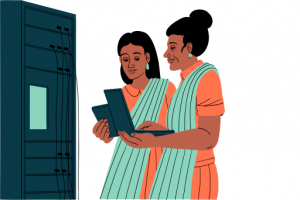Digital Literacy is important. Before, we get down to why it is important, we must understand the meaning of Digital Literacy.
Digital Literacy means having the skills one needs to live, learn, and work in a society where communication and access to information is increasingly through digital technologies such as internet platforms, social media, and mobile devices.
Digital Literacy is important because it helps to make our daily lives easier. If one is digitally literate, one does not need to take a day off to visit the bank or run to the shop every time we need something or even wait in line for hours to be able to book a train ticket. These little and yet important tasks can now be done online from anywhere using smart devices. Paying bills online, shopping etc helps us to save a lot of time and energy and ensures efficiency.
During the pandemic especially, with schools, colleges, offices, companies, organisations, and institutes, shops and restaurants switching to online mode, each one of us has experienced the importance of and the need for digital literacy. In today’s world, with everything being done virtually, it becomes even more crucial for us to have digital knowledge and skills.
While we do understand the importance of Digital Literacy, we as a society need to come together and promote access to digital literacy amongst underprivileged communities. Access to internet, possession of smart phones and laptops, work from home, attending school and college from home is still a luxury for many. NIIT Foundation, a non-for-profit organisation offers digital literacy courses for students from underprivileged backgrounds. Since the pandemic, NIIT Foundation has been offering career courses including digital literacy courses through a Learning Management System where students can attend classes in both an online and offline mode to ensure that learning can happen from anywhere at their convenient time.
To ensure that learning does not stop for anyone and for each one of us to benefit from the advantages of technology, we must work together to promote a digital inclusive society.

